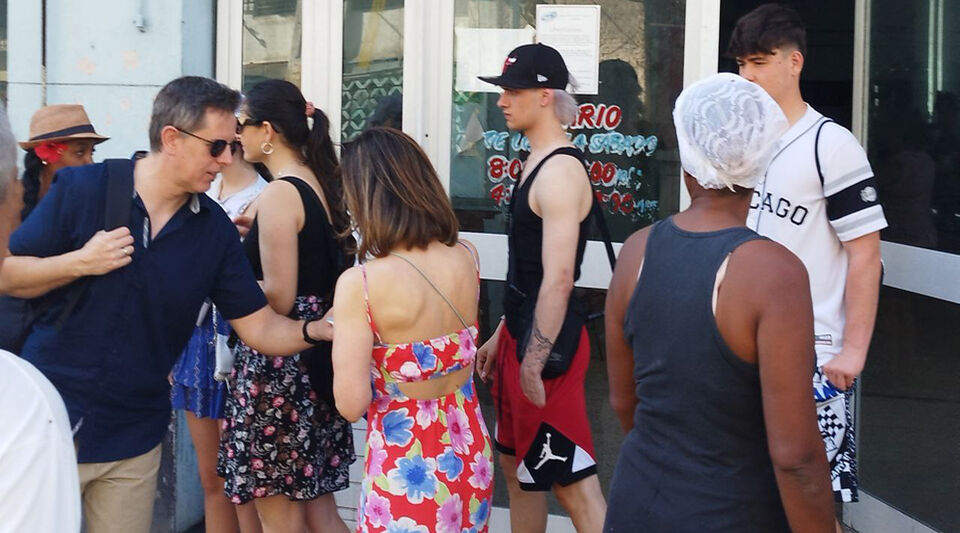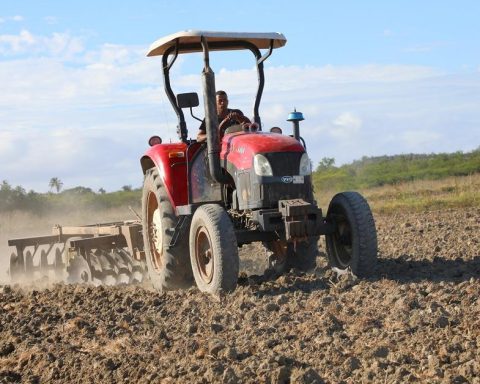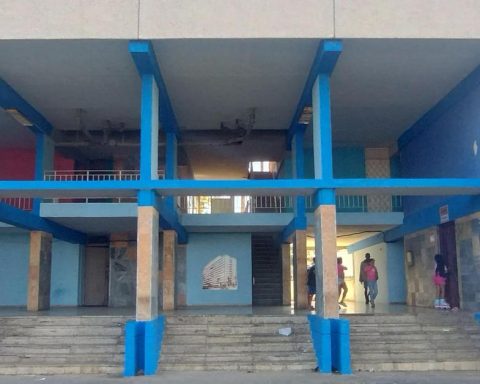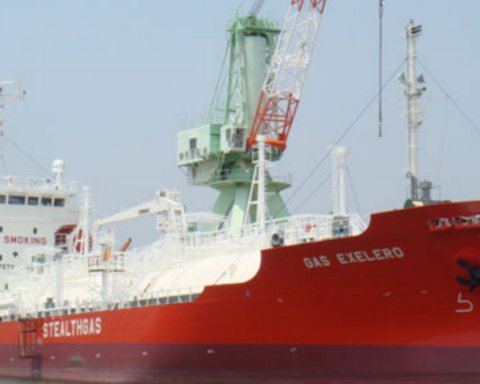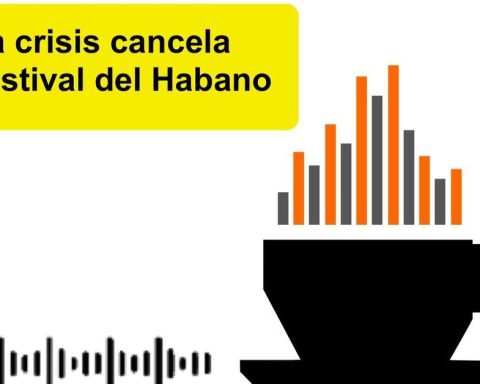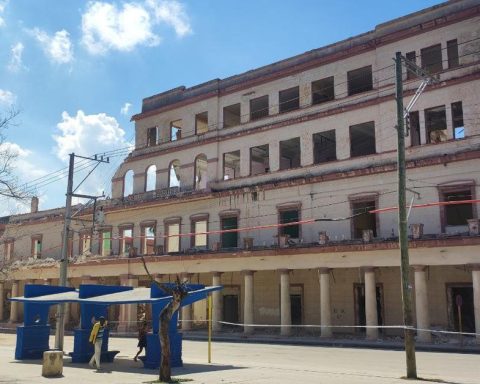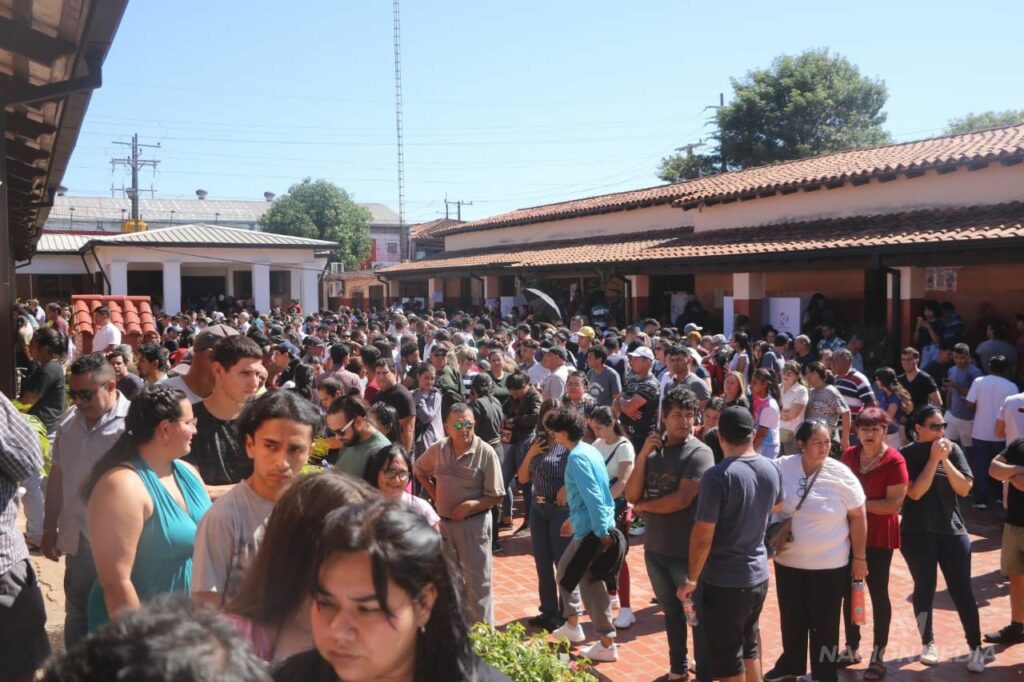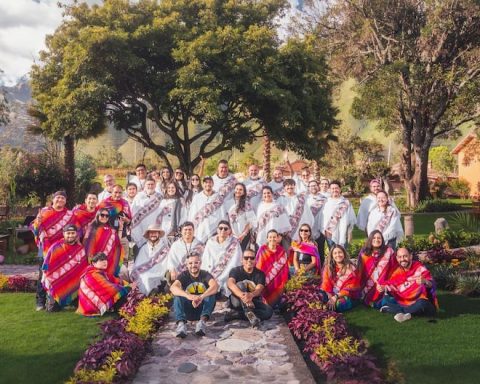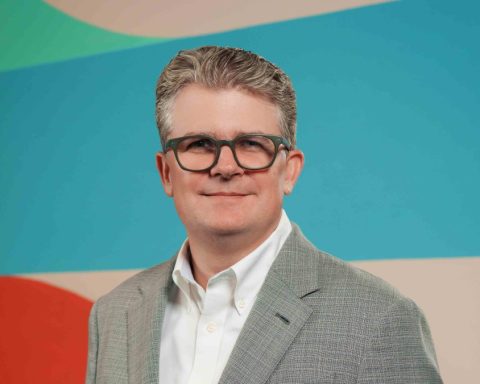(EFE)
Cuba received 1.6 million international travelers in 2022 and fell short of the goal of 1.7 million -which started from a readjustment of the initial forecast of 2.5 million-, according to the National Office of Statistics and Information (Onei).
Although more international tourists came than in 2021 (356,470), the figure is far from the levels of 2019 (4.2 million) and 2018 (4.6 million), before covid-19, which ruined the second sector of the Cuban economy and its third source of foreign currency.
“The recovery in 2022 was slow, while in other sun and beach destinations in the region such as Cancun (Mexico) and Punta Cana (Dominican Republic) the rebound has been almost double,” the emeritus professor of Economics told EFE. and Latin American Studies from the University of Pittsburgh, Carmelo Mesa-Lago.
“In March (2023) we are 40% below the levels of 2019, the last normal year before the pandemic,” economist Elías Amor explained to EFE.
“In March (2023) we are 40% below the levels of 2019, the last normal year before the pandemic,” economist Elías Amor explained to EFE.
The Cuban economists consulted by EFE do not foresee that the goal of 3.5 million international visitors projected by the Government will be reached this year, given the current crisis, with frequent blackouts, shortages of food, medicine and fuel, and roads and other public infrastructure. in bad shape
“In March (2023) we are 40% below the levels of 2019, the last normal year before the pandemic,” economist Elías Amor explained to EFE, adding that “the growth achieved compared to 2022 is based on very low levels of activity.
Cuban professor Omar Everleny assured EFE that it is “very difficult to reach pre-pandemic levels”; while his colleague Pedro Monreal advocated on Twitter for a “rectification” of the forecast and estimated a range for the whole of 2023 of between 2.3 and 3.1 million visitors, with an intermediate scenario of 2.9 million.
Meanwhile, Mesa-Lago recalled that “the increase in tourism in 2023 is driven mainly by visitors from Canada and these are concentrated in the high season due to the Canadian cold, so this group will decrease sharply in the low season.”
“Cuba bet on the Russian market to compensate for the drop in European tourism due to service problems and other issues, but the war in Ukraine caused that market to fall,” he said.
A lower number of visitors implies a lower inflow of foreign currency and more difficulties in getting out of the economic crisis, which in turn makes it difficult for tourism to recover, argued Everleny.
“The very complex situation of the economy affects tourism because, for example, a tourist needs to rent a car to move around the country and does not have fuel or sometimes in a five-star hotel there are not the necessary inputs,” he explained.
He added that “it is necessary to invest in a competitive extra-hotel industry because if the tourist is only going to spend in the hotel, the income that this facility will have is minimal.”
On Twitter, Pedro Monreal called for a “rectification” of the forecast and estimated a range for the whole of 2023 of between 2.3 and 3.1 million visitors, with an intermediate scenario of 2.9 million.
His colleague Elías Amor, meanwhile, considered that “this slow growth prevents obtaining foreign currency that the State needs to develop its programs and functions, reducing the potential for economic growth.”
“There are serious problems defining tourism policy,” according to this academic, who defends that “tourism is not a driving sector of an economy,” because “it can help, but it cannot assume that role.”
For university professor Jorge Luis Perelló, “real and profound changes” are necessary in factors such as the design of the supply of products and services, the capture of new market segments, the complementarity with the other domestic economic sectors that intervene in the chain of value of tourism, among others.
The hotel occupancy rate in 2022 was 15.6%, compared to 48.2% achieved in 2019, according to official figures.
“It is very difficult to explain why hotels continue to be built with such low occupancy. That is not the solution,” Everleny stressed.
Cuban Prime Minister Manuel Marrero acknowledged in March that Cuba “needs tourism and the income that it can bring to the national economy.”
Professor Mesa-Lago, in turn, estimated that “it does not make sense to continue investing so much in tourism and so little in agriculture, whose disastrous performance forces us to import 2,000 million dollars a year.”
For Elías Amor, the Cuban State “neglects other essential lines of economic activity, such as energy, water, infrastructure or housing” by continuing to invest in hotels.
Cuban Prime Minister Manuel Marrero acknowledged in March that in “the current situation,” Cuba “needs tourism and the income that it can bring to the national economy.”
“Covid-19 multiplied this strategic sector by zero, which currently continues in the effort to recover pre-pandemic levels, in the midst of serious difficulties,” admitted Marrero, who directed that portfolio between 2004 and 2019.
________________________
Collaborate with our work:
The team of 14ymedio He is committed to doing serious journalism that reflects the reality of deep Cuba. Thank you for accompanying us on this long road. We invite you to continue supporting us, but this time becoming a member of our newspaper. Together we can continue transforming journalism in Cuba.
